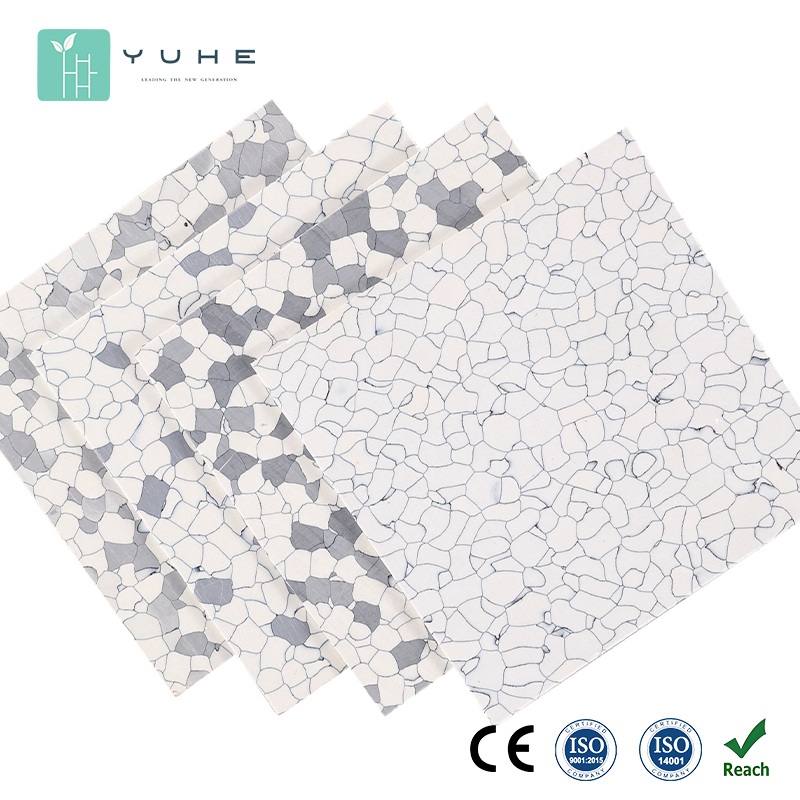1. Material Composition and Construction
ESD Vinyl Flooring Tiles: Made of conductive or dissipative materials that can control static electricity. Often constructed with a conductive layer or carbon-infused vinyl to effectively conduct charges away from personnel and equipment.
Other Anti-Static Materials: ESD epoxy is applied as a liquid layer that hardens to form a seamless surface. Anti-static mats are usually rubber-based and portable, but may not be as durable as a permanent floor.
2. Durability and Longevity
ESD Vinyl Tiles: Known for their durability, they can last several years with proper maintenance. Vinyl’s resilience to foot traffic and resistance to chemicals make it ideal for industrial settings.
Other Anti-Static Materials: ESD epoxy is wear-resistant, but may crack if the subfloor moves. Rubber mats are less durable and may need replacing over time because of wear.
3. Ease of Installation
ESD control Tiles: Installation involves adhesive and tile placement, which can be a straightforward process but requires skilled labor. However, ESD tiles are relatively easy to replace if damaged.
Other Anti-Static Materials: ESD epoxy requires significant preparation and skilled labor. Anti-static mats are simple to install and require no adhesive, but they don’t provide a seamless or permanent solution.

4. Conductive Efficiency and Static Control
ESD Static PVC Flooring Tiles: Highly efficient for static control and ideal for environments with sensitive electronic equipment. Their conductive properties are built into the tile material, providing consistent performance.
Other Anti-Static Materials: ESD epoxy has great conductivity over a large area but may be ineffective when damaged or worn. Anti-static mats are effective yet have limited range and less consistent coverage than full-floor solutions.
In addition, antistatic vinyl flooring tiles offer a balanced solution with ease of maintenance, good aesthetic options, and effective static control.
Other anti-static materials, like epoxy and mats, serve different needs, from heavy industrial applications to temporary setups.
Static vinyl tiles may be the best fit if the requirement is a permanent, durable, and aesthetically adaptable anti-static solution, while other materials may suit budget, space, or temporary needs.

